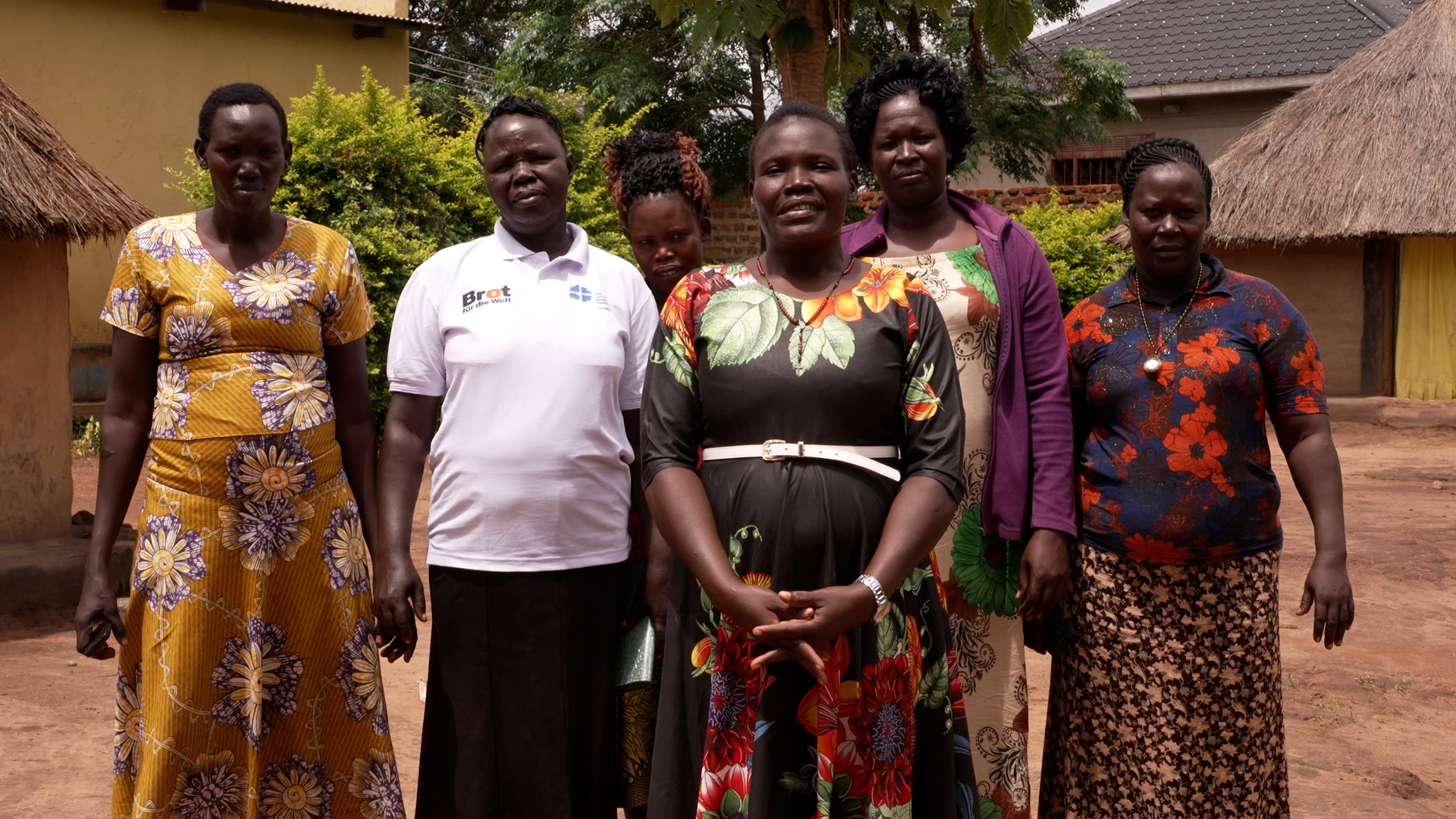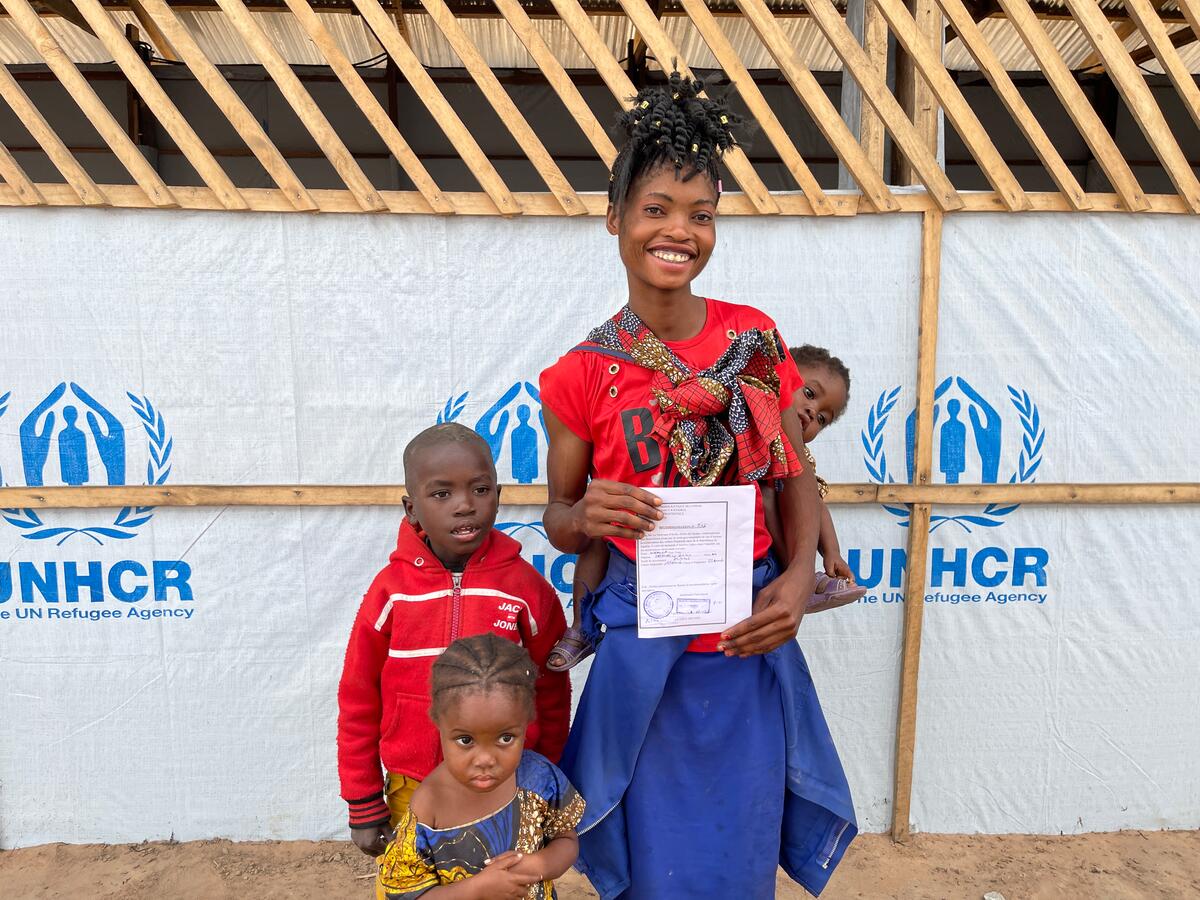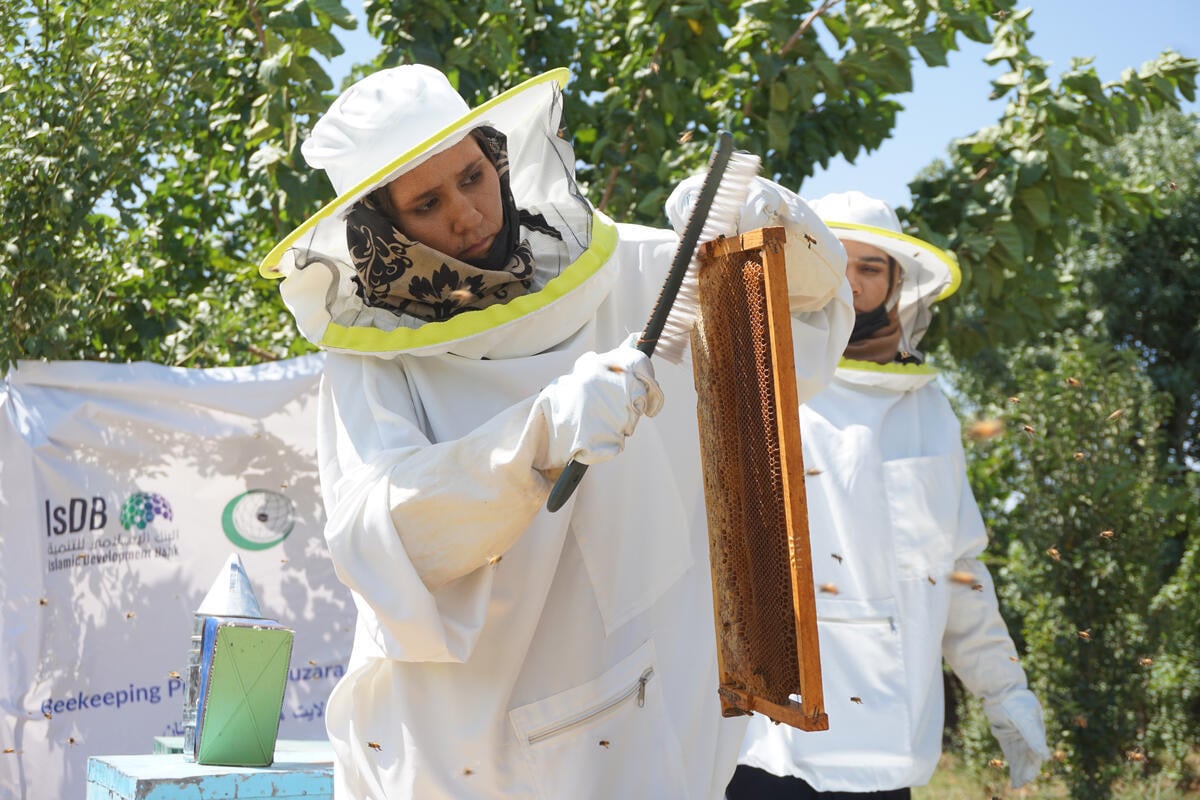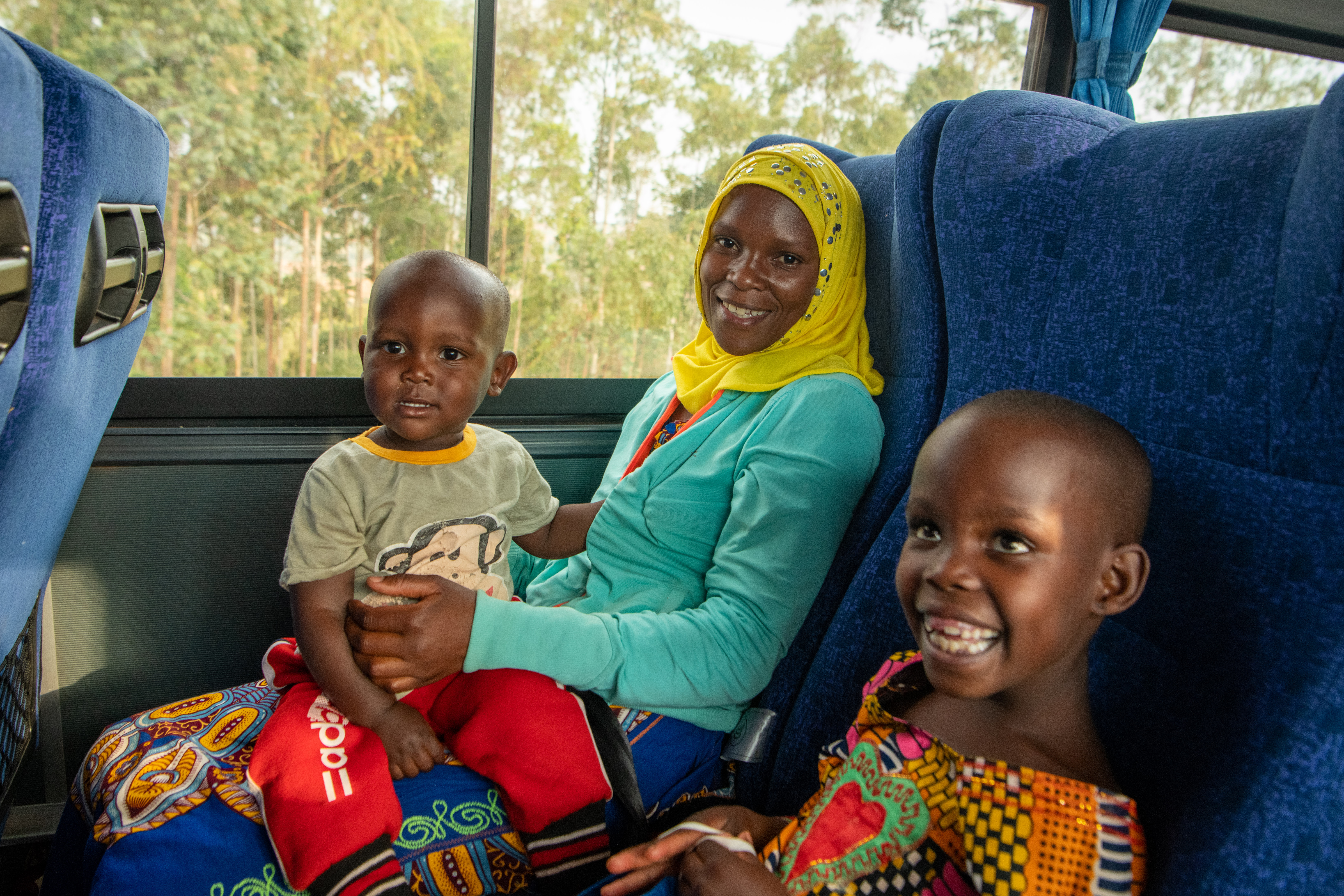First Central African refugees return from DRC since COVID-19 outbreak
First Central African refugees return from DRC since COVID-19 outbreak

UNHCR, the UN Refugee Agency in the Democratic Republic of the Congo (DRC) has helped hundreds of refugees from the Central African Republic (CAR) to return home in recent days – the first such move since the COVID-19 pandemic forced border closures.
The voluntary repatriation operation of refugees from CAR began in November 2019 but was put on hold in March 2020 as the two countries had closed their borders to prevent the spread of the coronavirus. Now the border closure has been lifted to facilitate the voluntary returns, which UNHCR hopes will be ongoing.
Some 474 refugees left Mole camp to head to Zongo in South Ubangi Province in northern DRC in two convoys of 20 vehicles including six trucks and three buses since 10 November. They continued their journey by boat with a 20-minute ride on the Ubangi River to Bangui, the capital of the Central African Republic.
“The coronavirus pandemic had halted refugee dreams to return home, like many other human aspirations,” said UNHCR Deputy Representative in DRC, Pierre Atchom. “This resumption of refugee returns marks another chapter in the lives of many refugees. They can go home, embracing their country – putting behind their life in exile.’’
With gradual improvements of the security situation in areas in Bangui and in the regions of Lobaye and Ombella M’poko of CAR, over 15,000 refugees in North and South Ubangi Provinces have so far have signed up for voluntary repatriation.
Voluntary repatriation, when conditions allow, remains the preferred solution for many forced to flee their homes. UNHCR plans to assist some 4,000 people by the end of 2020 – bringing the total to 7,000 since July 2019.
To limit the risk of contagion during the return operation, UNHCR and its partners strengthened regular health and sanitization measures. These included provision of masks and temperature screening as well as the installation of additional hand-washing stations. The number of refugees per convoy was also reduced to 65 individuals to allow for distancing.
Over 600,000 refugees from CAR live in the DRC and other neighbouring countries. However, additional financial support will be needed to continue the voluntary returns programme.
For more information on this topic, please contact:
- In Kinshasa, Johannes Van Gemund, gemund@unhcr.org, + 243 817 009 484
- In Bangui, Clarisse Koundouno, koundoun@unhcr.org, +236 72 83 23 67
- In Pretoria, Helene Caux, caux@unhcr.org, +27 82 376 5190
- In Dakar, Romain Desclous, desclous@unhcr.org , +221 786 396 385
- In Geneva, Babar Baloch, baloch@unhcr.org , +41 79 513 9549
- In New York, Kathryn Mahoney, mahoney@unhcr.org , +1 347 443 7646








